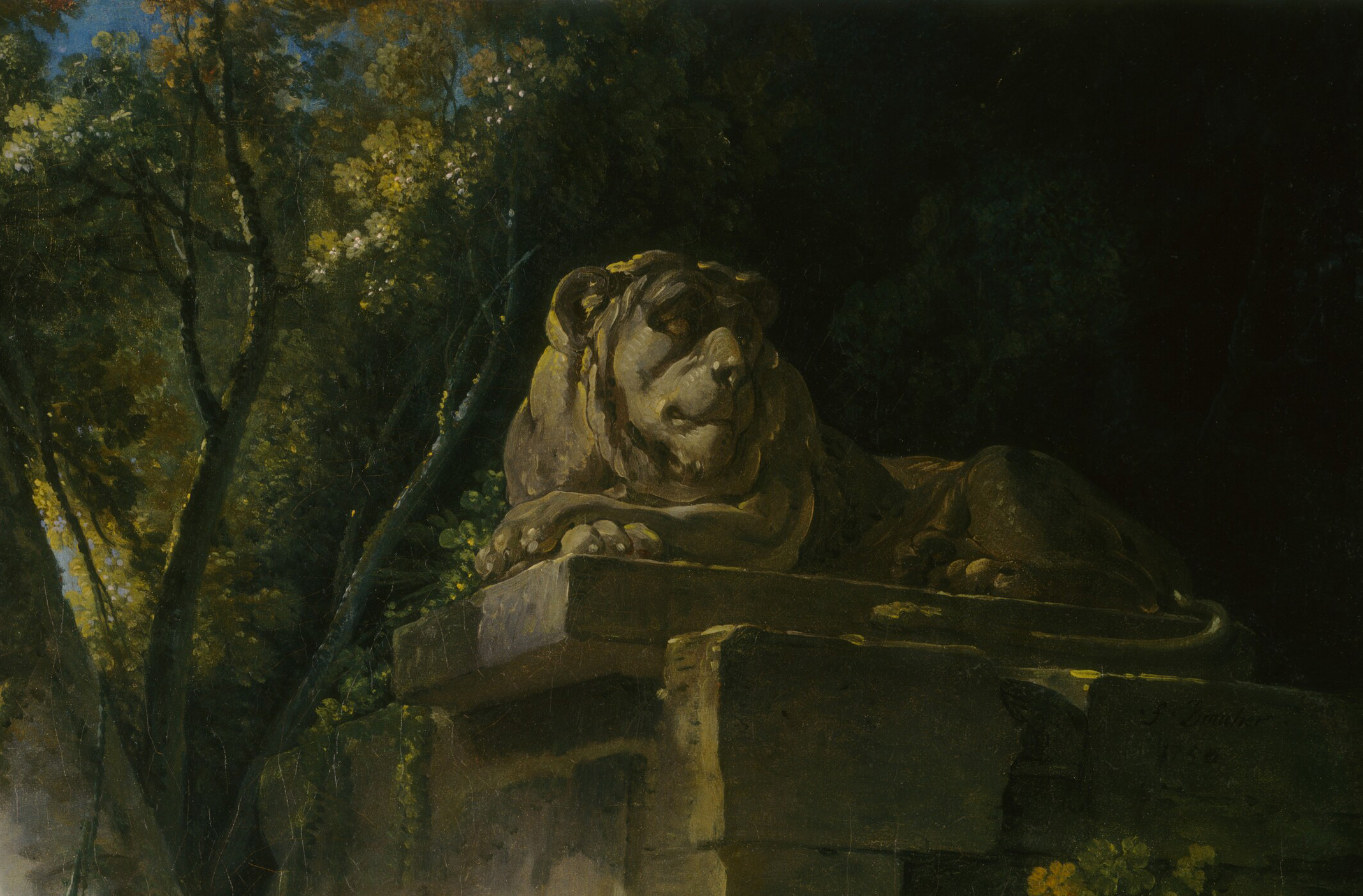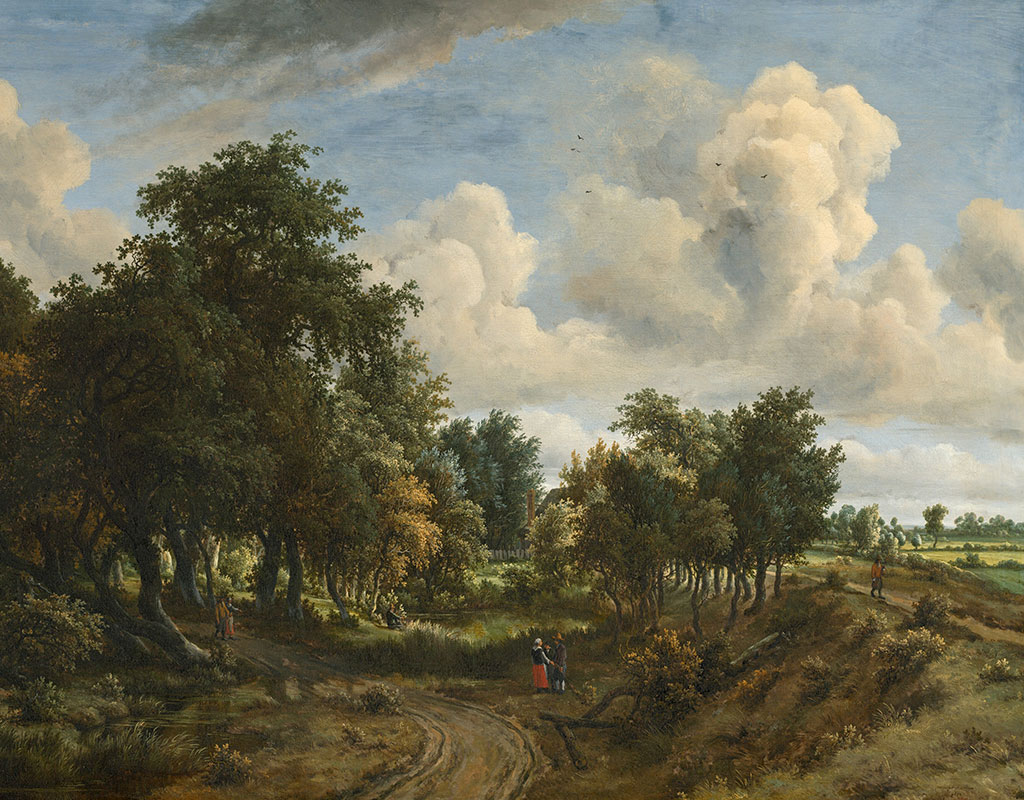Exploring the Spiritual Core of the Man and His Work
Excerpts from Letters
The Letters of J.R.R. Tolkien offer a rare glimpse into the heart of the author behind Middle-earth—a devout Catholic whose private correspondence reveals a life steeped in faith, humility, and deep theological reflection. Addressing topics from the Eucharist to the power of myth, these letters resonate with the faithful, not only as literary treasures but as spiritual lanterns. For readers seeking a Catholic imagination rooted in love, suffering, and hope, Tolkien’s letters illuminate the quiet sanctity of everyday life and the eternal truths that guided his pen. Here are a few we would like to present:
______________________
“The only cure for sagging of fainting faith is Communion.”- J.R.R. Tolkien, Letter 250
Reflection:
When faith feels thin or brittle, Tolkien turns not to grand gestures, but to the quiet power of sacrament. Do you seek grace in the still rituals of the Church?______________________
“I am a Christian (which can be deduced from my stories), and in fact a Roman Catholic.”- J.R.R. Tolkien, Letter 142
“Faith is not a virtue, it is a gift. But the gift has to be accepted, and used — constantly renewed.” – J.R.R. Tolkien, Letter 306
Reflection:
Tolkien saw doubt not as failure, but as a natural shadow that makes light more precious. In moments of weariness, can you ask for faith again—not as strength, but as gift?
______________________
“I am a Christian, and indeed a Roman Catholic, so that I do not expect ‘history’ to be anything but a ‘long defeat’—though it contains … glimpses of final victory.” – J.R.R. Tolkien, Letter 153
Reflection:
Tolkien offers his creative life as a type of devotion, trusting even in the face of worldly defeat. Are you able to offer your work—no matter how small—as a holy labor?
Catholic Quotes & Writings on the Eucharist
Many readers come to J.R.R. Tolkien through the doors of his fantasy epics — with dreams of dragons, elves, and incredible battles. But few realize they are also stepping into the shadowed cloisters of a deeply Catholic imagination. Though Tolkien rarely preached, his entire worldview was steeped in the rhythms and mystery of the Roman Catholic Church.
Born in 1892 and orphaned young, Tolkien was raised by the Church and entrusted to the care of a priest. This early experience shaped not only his personal life but also his understanding of good and evil, suffering and grace. The faith he inherited was not showy or sentimental; it was quiet, reverent, and constant—like the turning of the liturgical year or the lighting of a candle in prayer.
Tolkien’s belief in the real presence of Christ in the Eucharist was central to his life. He once wrote to his son that in the Blessed Sacrament one finds “romance, glory, honour, fidelity.” For him, Holy Communion was not a ritual but a love story—one that anchored every other love in his life.
Even his mythology whispers of Gospel truths. The humility of hobbits, the redemptive power of mercy, and the long, slow struggle against evil reflect the Christian drama of fall and redemption. Yet Tolkien never forced allegory; he simply allowed his faith to saturate his stories like wine into cloth.
In a world weary of moral certainty, Tolkien’s quiet devotion offers a rare gift: a faith that does not demand, but invites. It is the kind of faith that walks beside you in silence, steady and sure, even when the road grows dark.
Influence on C.S. Lewis & Other Converts

C.S. Lewis is remembered today as one of the great Christian thinkers and apologetic of the 20th century, the author of Mere Christianity and The Chronicles of Narnia. But he did not always believe. In fact, for much of his early life, Lewis was a reluctant atheist—full of intellect, but emptied of faith.
Enter J.R.R. Tolkien.
The two met as professors at Oxford, both lovers of language, myth, and story. Over long evenings of pipe smoke and debate, Tolkien patiently chipped away at Lewis’s skepticism—not with arguments, but with stories. He believed that myths were not lies, but echoes of truth. To him, the Gospel was the one true myth—the story that actually happened.
One night in 1931, as they walked beneath the whispering trees along Addison’s Walk, Tolkien spoke of Christ as the fulfillment of every good myth. That conversation would become a turning point in Lewis’s spiritual life. Soon after, Lewis embraced faith in God—and not long after that, faith in Christ.
Though Lewis became Anglican, and Tolkien remained a devoted Roman Catholic, their friendship endured. Tolkien once called Lewis’s conversion a “miracle,” and there’s no doubt he considered it the most meaningful fruit of their friendship.
In the quiet faith of Tolkien—rooted in the Church, and who lived without fanfare—we find not only a glimpse of his own soul, but a spark that helped ignite another.
______________________
In the quiet corners of his letters and friendships, J.R.R. Tolkien lived a faith that was steady, sacramental, and deeply woven into the stories he told. His devotion not only shaped Middle-earth—it helped guide hearts like C.S. Lewis toward the light. Through myth, mercy, and mystery, Tolkien invites us all to walk the long road of faith with courage, humility, and wonder.
𐡸

